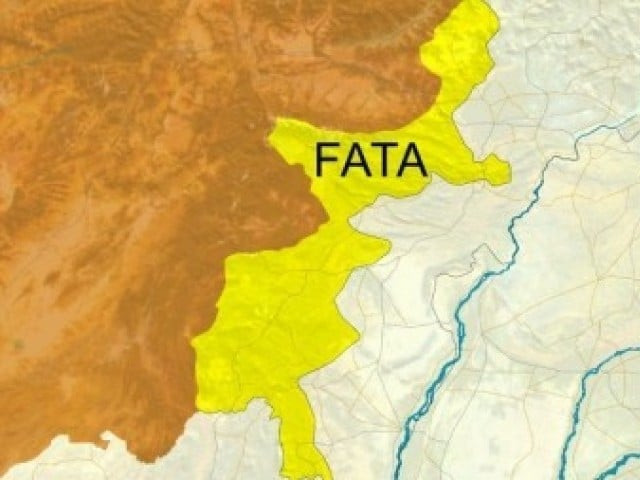The FATA reforms
Reforming the status of the Federally Administered Tribal Areas (Fata) is overdue by many decades

A map of FATA
The 51-page report that has been submitted to the prime minister accords security the highest priority, and is hard-nosed about what failure to reform is going to mean in purely military terms — fail to reform and the military has to stay in Fata permanently which is going to have a negative impact on the strategic military balance to the east — India. Were the military to withdraw now, the vacuum thus created would be quickly repopulated by extremist elements and the vast expenditure of blood and material over the last two years would have been for naught.

The report proposes a five-year time frame for the merger, which is reasonable assuming the various elements can be cajoled into acting synchronously. This is going to be a complex, nay fraught, task. The reform proposals go deep into every arm of governance — the political administration, all the law-enforcement agencies, the legal system, education and health services and transport infrastructure. Three phases of reform have been proposed — build, operationalise and transfer — and there are six primary areas of reform.
The areas include rehabilitation and reconstruction, with the repatriation of all displaced people by the end of 2016; socioeconomic development — Fata sees almost no private investment for obvious reasons; reform of locally elected bodies via the promulgation of a Fata local government regulation again by the end of 2016; capacity-building for law-enforcement agencies, which is long overdue and a bone of much contention; land settlement — a vital and complex component. Property records are essential for banking and inwards private investment. Last but not least, the creation of a Directorate of Transition and Reforms.
Assuming the proposals are accepted and at the time of writing they still have to gain the approval of the PM office, then Fata is set for a series of changes such as have not been seen since the colonial era. Indeed, this proposal may be seen as finally drawing a line under colonial rule. Essential to its success is going to be the ability — and willingness — to take the people of the area on board via not just consultation but integration of traditional processes and structures in Fata of the future. Hundreds of years of cultural practices cannot be swept away at the stroke of a pen or a swipe of a mouse. Certainly some will need to be amended and the more deep-rooted will take generations to truly change, but this proposal offers the first practical framework that has a chance of being made real.
If successful, then Fata itself is set to disappear in administrative terms if not from folk-memory. The challenges are immense, and there have to be questions about the capacity of the existing administrations of both Fata and K-P to see them through. Much hangs on the success of these proposals not the least being the future security of the rest of the country. Fata has been the hothouse that has nurtured and proliferated an extremist mindset, much assisted by a state either unwilling or unable to produce a countervailing national narrative. This is an opportunity almost like no other, and for all our sakes has to be made to work.
Published in The Express Tribune, August 19th, 2016.
Like Opinion & Editorial on Facebook, follow @ETOpEd on Twitter to receive all updates on all our daily pieces.















COMMENTS
Comments are moderated and generally will be posted if they are on-topic and not abusive.
For more information, please see our Comments FAQ